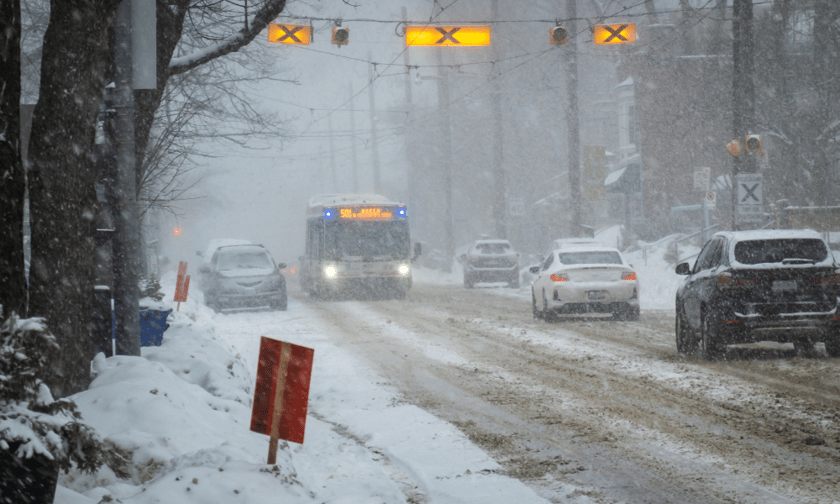

Data from Allstate Insurance Company of Canada shows that December, January, and November record the highest number of car collision claims, with Fridays in December proving particularly hazardous for drivers navigating icy roads.
The analysis draws on two years of collision claims information, spotlighting seasonal patterns and common causes behind winter road incidents.
Odel Laing, agency manager at Allstate Canada, noted: “Anyone can get a little rusty from one year to another, and even forget to apply some basic adjustments while at the wheel as the weather becomes colder. Combine that with a packed holiday schedule and the risk of a collision can rise.
“We’re releasing this data to help drivers be aware of the increased risks on the road as we approach the end of 2024. The holiday season is busy enough without the added task of dealing with a collision.”
The insurer’s findings suggest that several year-end factors could impact drivers amid work deadlines, holiday activities, and conditions like reduced daylight, slick roads, and compromised visibility.
Allstate Canada recommends winter tires as a proactive safety measure, noting that all-season tires can become less effective below 7°C. This drop in performance may extend stopping distances and reduce vehicle control on icy roads, increasing the risk of accidents.
Detailed claims data further illustrate the elevated risks for drivers during colder months:
Given the recurring risks, Allstate Canada advises drivers to adjust their habits each year as colder weather returns. Reminders include scheduling winter tire installation before temperatures drop; reducing speed; signalling lane changes and turns early to improve communication with other drivers; familiarizing oneself with vehicle safety features while adopting defensive driving habits; and reviewing car insurance and roadside assistance coverage to ensure proper protection.
The winter driving analysis was based on Allstate Canada claims data from September 1, 2022, to August 31, 2024.
What do you think about this story? Share your thoughts in the comments below.
